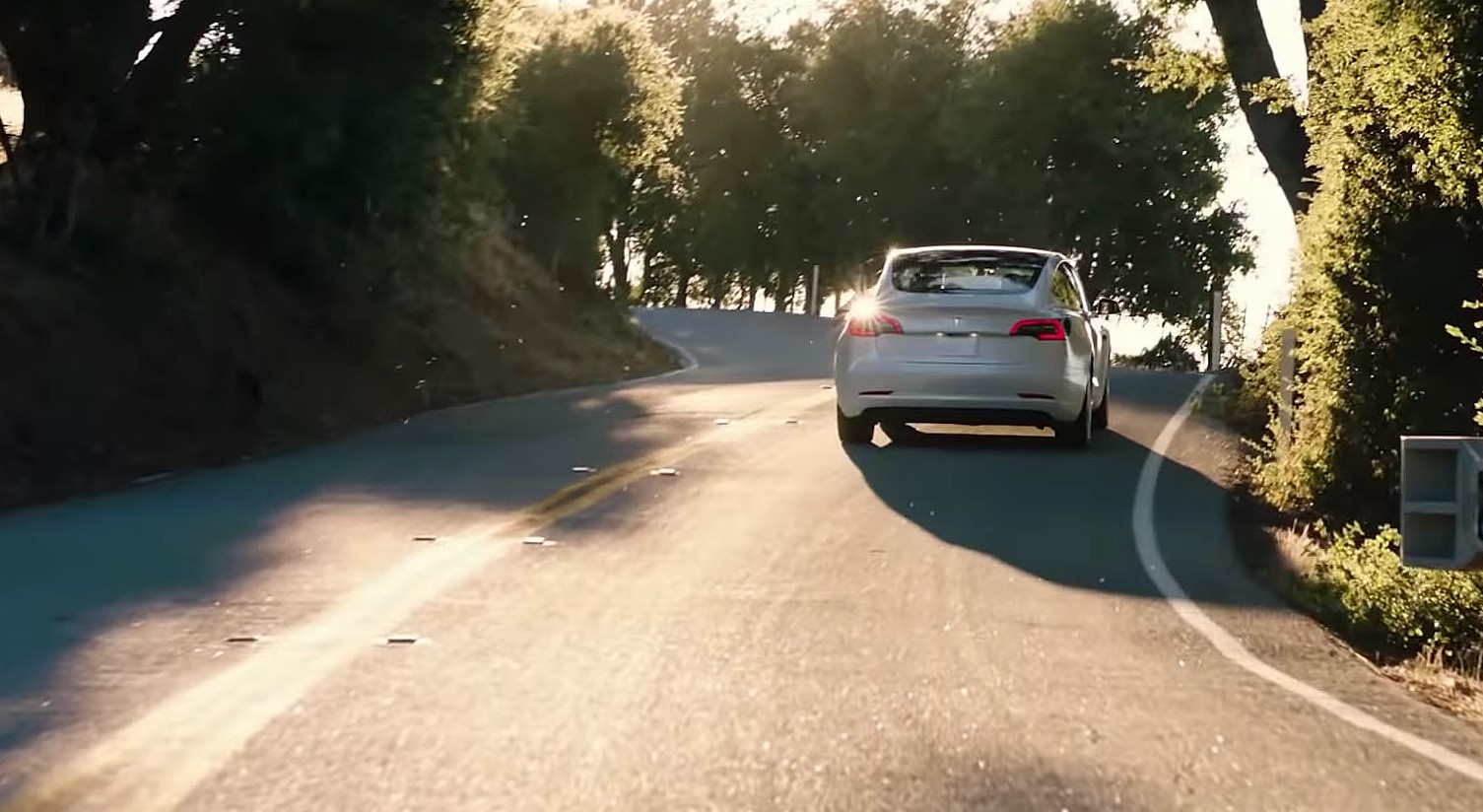In a recent interview with a German auto publication, battery expert Maximilian Fichtner remarked that Tesla could move far beyond the reach of its competitors, even if it fails to achieve all of the goals that were presented during Battery Day. This, according to Fichtner, is partly due to competitors not doing enough to further electric vehicle technologies.
In an interview with Spiegel Mobility, Fichtner, a director at the Helmholtz Institute and a professor for solid-state chemistry at Ulm University, remarked that German automakers are simply doing something much different compared to Tesla. While Tesla considers batteries as part of its core business, German automakers seemed to be content outsourcing all the battery work to third-party suppliers and focusing their efforts on competencies that they know best, such as body design.
“You outsource more things to suppliers. They only develop core components such as the engine themselves. Battery production is not considered a core business. One tries at some point to use proven methods to build an electric car that is equivalent to Tesla, only with better body gaps. Tesla, on the other hand, achieves a lead through technology by processing the entire production chain, from the integration of its own hardware and software to batteries and the finished car,” the expert noted.
(adsbygoogle = window.adsbygoogle || []).push({});
When asked about improvements that Tesla could achieve with its next-generation cells, Fichtner stated that the company’s larger 4680 cells open the door to longer range and other upgrades. Such innovation, according to the expert, is a “quantum leap.” Fichtner added that with Tesla’s goal of reducing its battery production costs by 56%, the EV market could reach or even exceed price parity with the internal combustion engine, effectively rendering gas cars obsolete.
“(They) would be at costs of 70 to 80 US dollars per kilowatt-hour. There would be no more reason to buy a combustion engine – not even the price. That would be around 20,000 euros for a mid-range to upper-class vehicle,” he said, adding that “The cost reduction in two to three years would be extremely quick. When it comes to cell design, however, Tesla has calculated everything well and the better integration of the battery into the vehicle has been well thought out.”
Granted, Tesla’s goals for its next-generation batteries are very ambitious. Yet according to Fichtner, even if Tesla fails to achieve all of the goals it outlined in Battery Day over its self-imposed timeframe, the company would still be far ahead of the rest of the auto market. The battery expert noted that this is especially true for German automakers, some of which are still adopting strategies that were effective for the internal combustion engine.
“Even if Tesla only manages half of the expected increases in the difficult changes to the anode and a few percentage points less in the cell design, 40 percent more range remains. That would be around 700 instead of 500 kilometers on one charge. That’s a lot, based on almost conventional battery chemistry. Elon Musk has worked everywhere, from processing the raw materials to the finished car, to make his cars better and cheaper. Tesla apparently managed to turn both screws in the right direction. Even if the company only achieves a fraction of the growth announced, that is still far above what the competition in this country is planning,” Fichtner remarked.
The post Tesla can fall short of its battery goals and still dominate rivals, says expert appeared first on TESLARATI.
Article Source and Credit teslarati.com https://www.teslarati.com/tesla-can-fail-batteries-and-still-dominate-auto-sector/ Buy Tickets for every event – Sports, Concerts, Festivals and more buytickets.com

Leave a Reply
You must be logged in to post a comment.